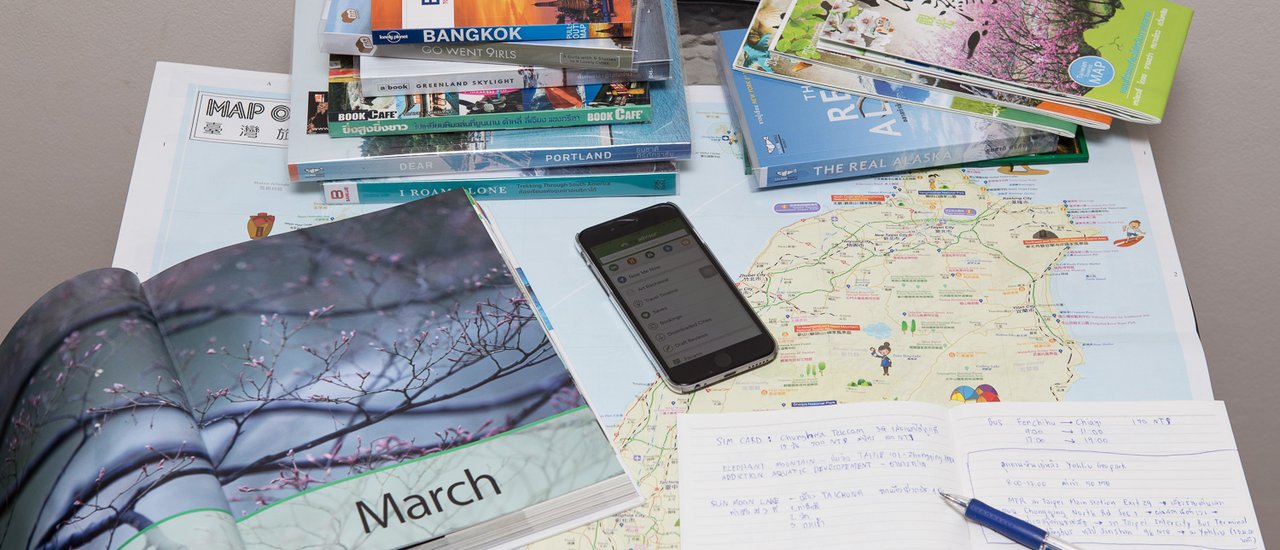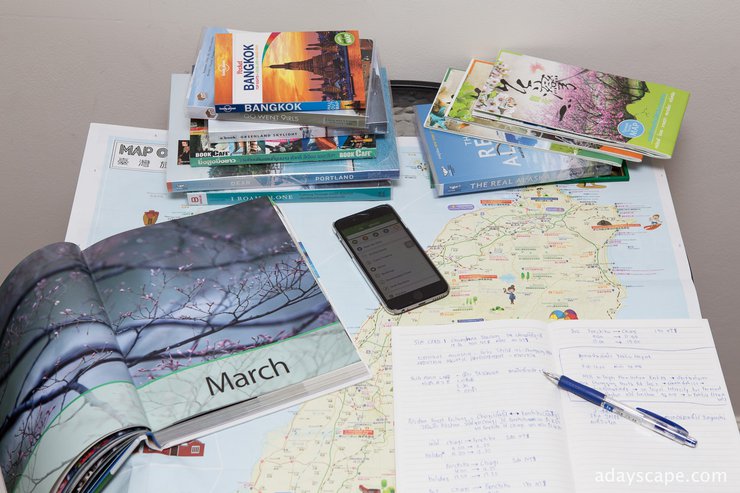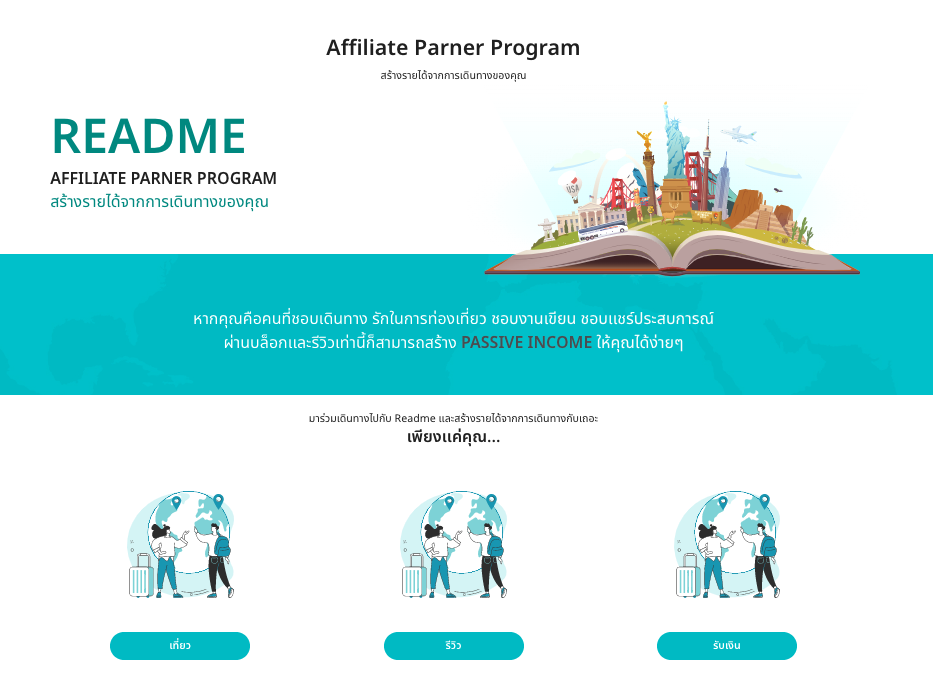
**10 Techniques for Information Gathering Before Traveling**
For independent travelers, thorough research and meticulous planning are crucial. The ease of finding information varies depending on the destination. Popular destinations boast an abundance of readily available information across various channels. However, for less-frequented locations, information can be scarce, making it akin to searching for a needle in a haystack.
In this article, we will share our methods for information gathering, providing you with various channels to explore and adapt to your own needs.
**1. Google Search:** As a popular search engine, Google is widely used and requires no further introduction. It is our primary source of information.
>>
2. Reviews from Foreigners
When traveling abroad, many of us seek out reviews in English from foreigners. This can provide fresh perspectives and introduce us to new places and activities that differ from those frequented by Thai tourists. A popular and frequently encountered platform for such reviews is www.tripadvisor.com. Additionally, personal blogs of individual travelers often offer valuable insights and reviews of various destinations. Exploring these resources can spark inspiration for new and exciting trips.
>>
3. YouTube
To explore a destination, simply type its name followed by "Travel Guide." For example, "Taiwan Travel Guide" will lead you to videos showcasing the location.
Beyond searching by location, another helpful phrase is "Things to do in" followed by the place name. For instance, "Things to do in Taiwan" will reveal popular activities, must-try experiences, and local delicacies.
We primarily rely on two types of videos: TV shows, which offer comprehensive information, and vlogs created by individuals, which provide fresh perspectives and travel tips.
4. Pantip
Pantip is a treasure trove of reviews, covering both domestic and international travel destinations. If you can't find what you're looking for, simply create a new thread and the community will be happy to assist.
**5. Website:** Sometimes, the information obtained from reviews may not be up-to-date. In such cases, we visit the official website of the place. This ensures that we obtain accurate and updated information, often in greater detail. If the website is in English, it's convenient. However, what if it's not in English? What if it's in Chinese, Korean, Japanese, etc.? This can be confusing! The solution is simple: If you feel discouraged, close the website and look for information elsewhere. But if you're determined and want to know more, try using Google Translate. It can be helpful, even if the translation is a bit jumbled. You can still get the gist of it.
>>
6. Guidebook
While information is readily available from various sources, we recommend having at least one guidebook. Guidebooks typically provide comprehensive information, offering an overview of the entire destination and its attractions. This allows you to select specific places of interest, whether in Thailand or abroad, based on your preferences. We personally favor Lonely Planet guidebooks due to their global popularity and contributions from local authors.
>>
**7. Pocket Books:** These collections of personal narratives by various authors offer inspiration and motivation. Engaging writing can ignite a desire to pack your bags and embark on your own adventures.
>>
8. Flickr
While it may seem unconventional, as a photography enthusiast, I often find myself browsing Flickr (www.flickr.com) for inspiration. By simply typing in the name of my intended destination, I am presented with a plethora of stunning photographs. This allows me to visually explore potential locations, identifying those that pique my interest and noting them down for further research. Subsequently, I can easily locate the exact coordinates of these places, enabling me to plan my itinerary effectively.
9. Magazines typically provide summaries of key information, highlighting important points and including visually appealing images.
>>
10. Tourist Map / Google Map This serves as a planning aid, helping you get your bearings. While researching, looking at the map can help you plan more effectively and easily. Additionally, Google Maps provides information on how to get from one point to another, whether by bus, train, or walking. It also tells you which lines to take, how much it costs, and how long it takes to get there.
>>
Bonus:
11. Friends Which friends have been there? Let's sit down and have a meal together. Ask me anything you want to know.
Follow us on A dayscape:
Website: http://www.adayscape.com/
Facebook: https://www.facebook.com/adayscape/
Instagram: https://www.instagram.com/adayscape/
YouTube: https://www.youtube.com/channel/UC6UHLqhwU7gPfyOkoQ6kwog
A dayscape
Friday, October 4, 2024 3:02 PM











